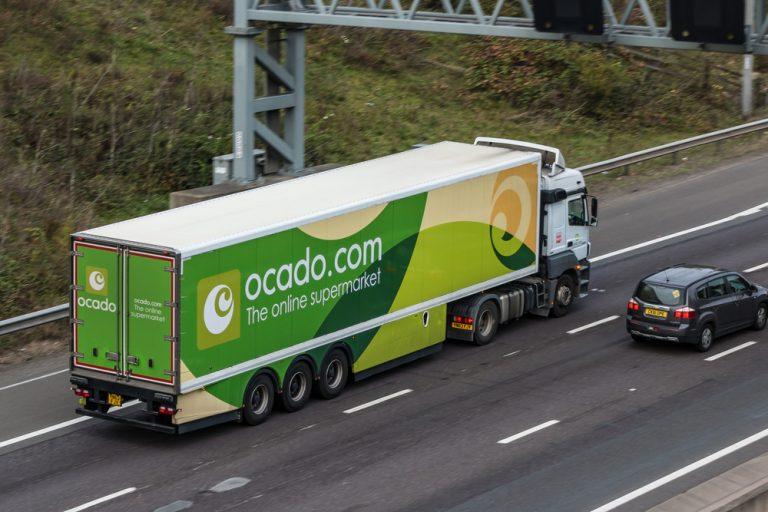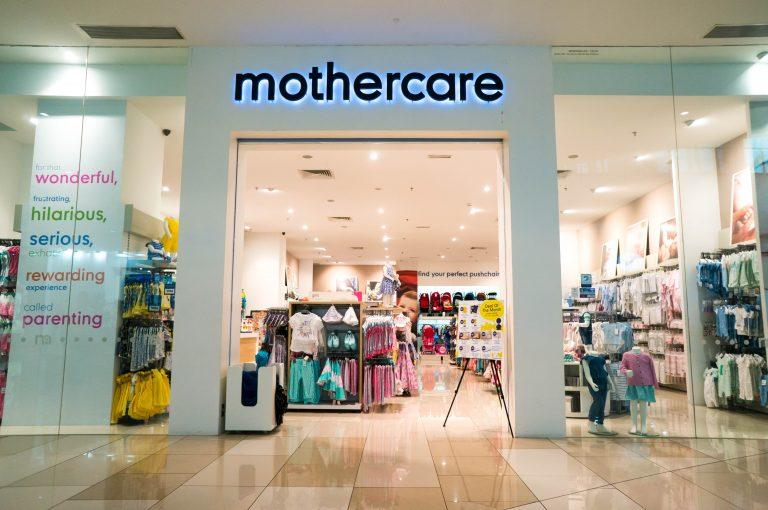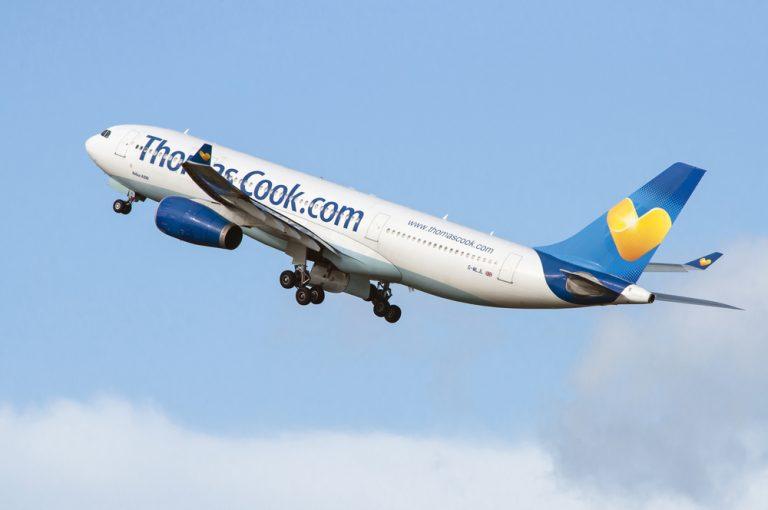Chinese tech giant Tencent Holdings posted a record profit in the first quarter of the year, boosted by a 55 percent increase in advertising revenue.
The group behind the popular messaging app WeChat, similar to WhatsApp, saw shares rise over 5 percent on Thursday morning, after the group’s year-on-year profit rose 61 percent to 23.29bn yuan.
WeChat’s monthly users grew to one billion for the first time earlier this year, boosting advertising revenue by 55 percent to 10.69 billion yuan in the first quarter. Most of the group’s growth came from the gaming apps it owns and in-game purchases by players. The chat app offers other services for users, including the possibility of booking a taxi, ordering food or paying for goods online. Revenue from other businesses within Tencent, including its cloud services, grew by 111 percent year-on-year in the period. Shares in Tencent are currently up 3.74 percent at 411.00 (HKG:0700).









